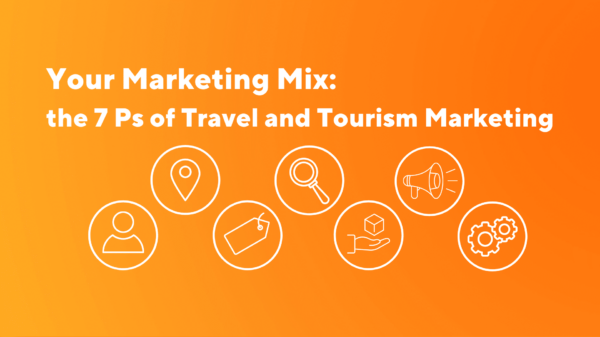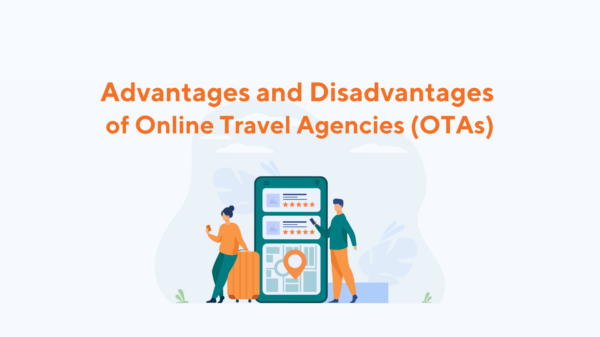
Your success metrics will be different for each step in your L.E.A.D. social media strategy. To summarize, you can expect the following outcomes from each phase:
Listening
- Where users are talking about you
- What users are saying about you and your brand
- Where users are talking about subjects that are important to your business
- What information users are looking for and how they hope to get the information they want.
- What articles, posts, and press mentions are being written about subjects, brands, and/or competitors that are important to you.
Engage
- Increased link backs to your site (identified through Google Alerts).
- Click throughs to your specific profile page (another reason to have it) measured through your analytics tools.
- Improved Google search results (not guaranteed but likely depending on the level of engagement).
- Increased mentions of your brand or site on third party sites. This may be in responses to your comments, through others mentioning your comments, or through guest contributions on blogs.
- If you use a referring code that can be tracked through through your conversion process, you should be able to measure revenue as it relates to engagement.
Articulate
- Increased referrals to your website from your blog or articles.
- Increase in “time on site” as users read blog articles.
- Increased blog search, web search, and mentions in Google Alerts.
- Increased comments on articles and greater engagement with reading audience.
Demonstrate
- Increase in comments and engagement on your forum of choice
- Increased follows on Facebook and Twitter (primarily).
- Increased engagement from existing fans including comments, photos, and videos from followers.
- Identify key evangelists of the business. This includes customers who love your service or business.
At every stage there may be additional benefits or success factors that have not been described. Remember that as you continue to listen for mentions, you might find opportunities to connect with other media sources both locally and outside your region. For example, as you build your fan base and can show engagement with customers local media sources (newspapers, radio, television) will look to authorities in certain segments. Follow your media sources and comment on articles that apply to your business. These may range from comments on your region, business, industry and more. The important thing to remember is that if you demonstrate your expertise then media will default to those it perceives as experts.
Search The Blog
Categories
Most Popular Articles
- 16 Innovative Tourism Business Ideas and Trends for 2025
- Your Marketing Mix: the 7 Ps of Travel and Tourism Marketing
- A Guide to Branding in the Travel and Tourism Industry
- Advantages and Disadvantages of Online Travel Agencies (OTAs)
- Smart Strategies: How AI in Tourism Can Transform Marketing and Customer Service





